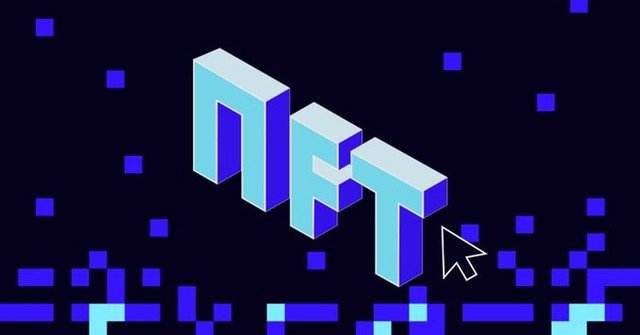Introduction
In recent years, the digital landscape has witnessed a transformative phenomenon that has captivated the world: Non-Fungible Tokens (NFTs). These unique digital assets have emerged as a groundbreaking innovation, revolutionizing the way we perceive and trade digital content. NFTs have garnered immense attention and popularity, attracting artists, collectors, and investors alike. This article delves into the fascinating origins of NFTs, tracing their journey from curiosity to revolution. Additionally, we explore the top NFT trading platforms that have played a pivotal role in shaping this flourishing ecosystem.
The Birth of NFTs
NFTs, or Non-Fungible Tokens, made their debut in 2014 with the launch of the Ethereum blockchain. The concept of NFTs stemmed from the need to authenticate and establish ownership of digital assets, such as artwork, music, videos, and virtual real estate. Unlike cryptocurrencies like Bitcoin, which are fungible and interchangeable, NFTs are unique and indivisible, making them perfect for representing one-of-a-kind digital creations.
NFTs and Blockchain Technology
Blockchain technology serves as the backbone of NFTs, enabling secure and transparent transactions. Each NFT is recorded on a blockchain, which is a decentralized and immutable ledger. This ensures that the ownership and transaction history of an NFT can be easily verified, providing creators and buyers with irrefutable proof of authenticity.
NFTs and the Artistic Renaissance
NFTs have ushered in an artistic renaissance, empowering creators to monetize their digital works in unprecedented ways. Artists can now tokenize their creations as NFTs, allowing them to retain ownership and receive royalties whenever their artwork is bought, sold, or licensed. This revolutionary shift has opened new avenues for artists to showcase their talent, build a global fan base, and generate substantial income.
The Rise of NFT Trading Platforms
With the growing popularity of NFTs, numerous trading platforms have emerged to facilitate the buying and selling of these digital assets. These platforms act as marketplaces where creators can list their NFTs and buyers can explore a diverse range of digital collectibles. Let's take a closer look at some of the top NFT trading platforms
I) OpenSea
OpenSea is one of the largest and most well-known NFT trading platforms. It offers a wide array of digital assets, including artwork, domain names, virtual land, and more. OpenSea provides a user-friendly interface, making it easy for both creators and buyers to navigate the platform. With its robust marketplace and extensive community, OpenSea has become a go-to platform for NFT enthusiasts.
II) Rarible
Rarible is an innovative NFT marketplace built on the Ethereum blockchain. What sets Rarible apart is its focus on empowering creators. It allows artists to mint their own NFTs without any coding knowledge, enabling them to maintain control over their creations. Rarible also incorporates decentralized governance, giving token holders a say in platform upgrades and policies.
III) Jump.trade
Jump.Trade is an NFT marketplace that allows users to buy, sell, and trade non-fungible tokens (NFTs). It has tons of NFT gaming collectibles and also hosts popular NFT games like Meta Cricket League and Raddx. Jump.trade provides a platform for creators and collectors to showcase and monetize their digital assets. The marketplace offers a user-friendly interface and supports various blockchain networks for NFT transactions.
The Future of NFTs
As NFTs continue to gain momentum, their potential applications and impact on various industries are becoming increasingly evident. Beyond art and collectibles, NFTs have the potential to revolutionize areas such as real estate, gaming, fashion, and music. Companies and individuals are exploring the possibilities of tokenizing physical assets, creating virtual worlds, and establishing new revenue streams through NFTs.
Conclusion
the journey of NFTs from curiosity to revolution has been nothing short of remarkable. These unique digital assets have transformed the way we perceive, create, and trade digital content. With the support of blockchain technology and the emergence of diverse NFT trading platforms, creators and collectors have found new opportunities for expression and monetization. The future of NFTs holds immense potential, as they continue to shape industries and redefine ownership in the digital age.

You've got a free upvote from witness fuli.
Peace & Love!
Downvoting a post can decrease pending rewards and make it less visible. Common reasons:
Submit